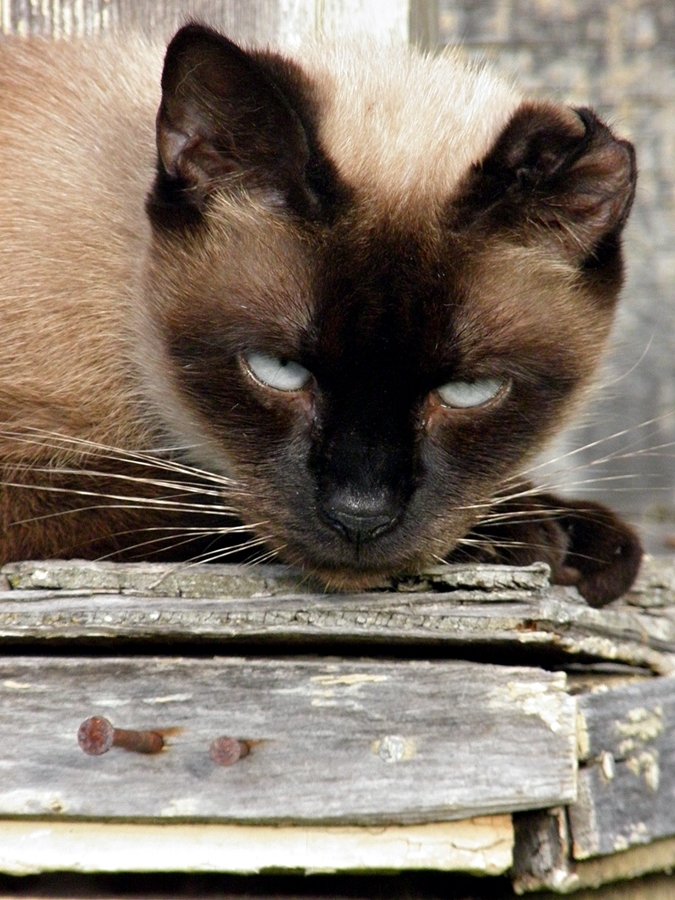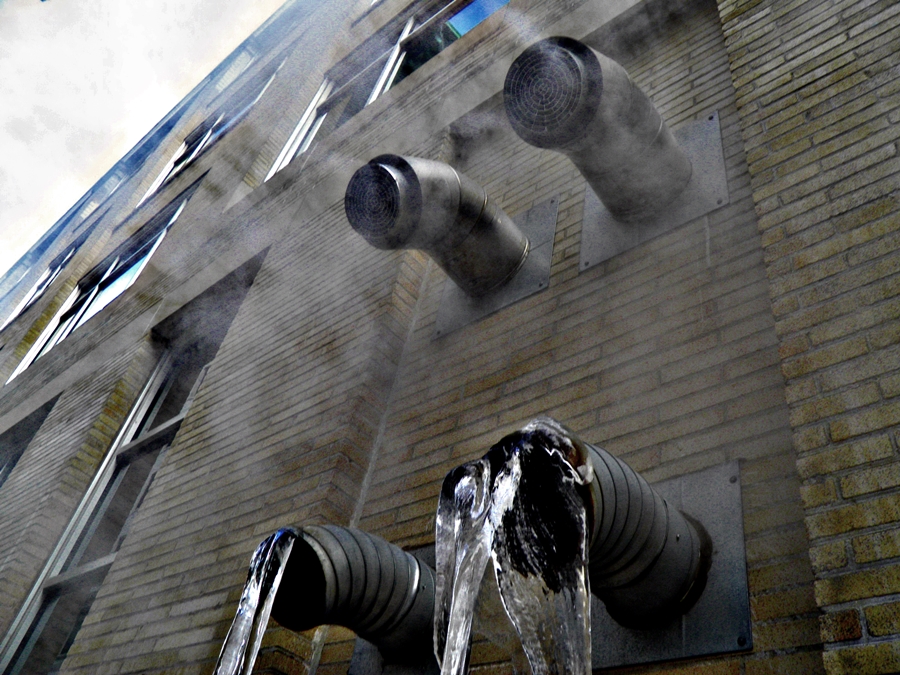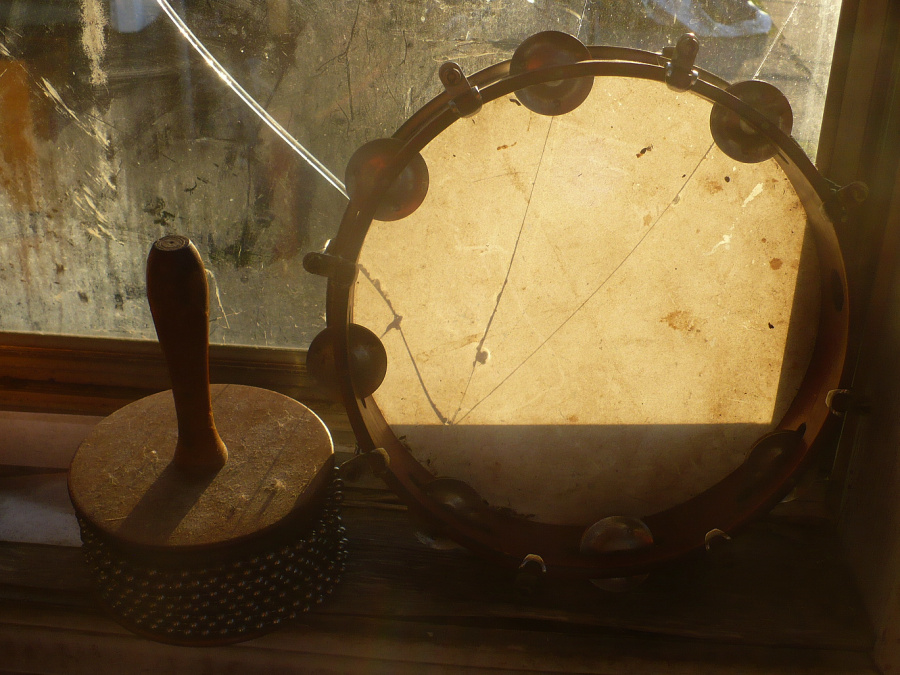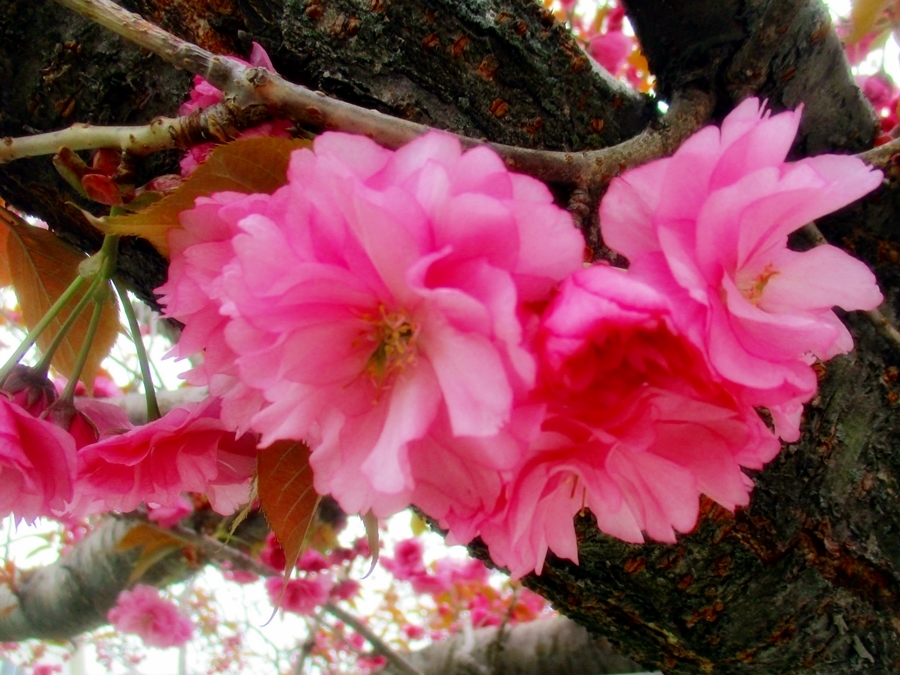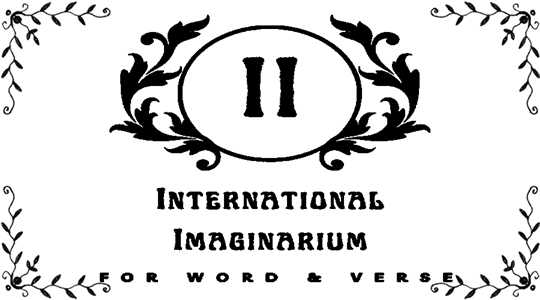Dear Readers,
Believe it ot not, this blog, Paul’s Poetry Playground, is not the only poetry-related project that I have seriously neglected for an inexcusably long time.. Readers may remember The International Imaginarium for Word & Verse, a rather unique online poetry journal which takes the form of a transcript of an imaginary poetry reading which I’ve posted links to past edition here on this blog.. Well, after more than a whole year in the making (I started putting it together last September with an announced publication date this May which I later postponed to June), here is finally the link to the latest edition featuring the incredibly talented poet Katherine Gregoire, which was eventually posted at the very end of this July on our Imaginarium website for you to hopefully peruse and enjoy at your leisure:.
I want to thank my fellow blogger Diane Puterbaugh, along with all the other amazing poets who participated in our Imaginarium virtual open mic. Like previous times, I have decided not to repost the entire Imaginarium here on this blog because I feel that it is probably too long a read and thus far too overwhelming for most of my readers (as a result, some really excellent poetry might be skipped, and that would be a real shame). So instead, I will just post this month’s Imaginarium group poem (which is probably one of my favorite segments of the Imaginarium). This month’s Imaginarium Group poem was based on the surrealist game of Prophecies (also known as Conditionals). Participants were asked to write and send us four lines including one each of the following:
1. A short phrase in the present tense starting with the word “When” such as “When the oceans begin to boil,”.
2. A short phrase in the present tense starting with the word “If” such as “If your right elbow itches,” .
3. A short statement in the future tense using either the word “will” or “shall” such as “The President will sprout horns.” or “Hamsters shall rule the world.” .
4. A command written in the imperative such as “Lock the doors and hide beneath your bed”.
People‘s lines from 1 & 2 were then randomly paired with someone else’s lines from 3 & 4 to form brand new lines for our poem. Six folks (including myself) contributed with the results being the following poem:
Weird Prophecies and Strange Advice From the Imaginarium
When you find yourself alone in a dark alley,
reconsider your options.
When it rains Swedish Fish,
new insights will evaporate old science.
When the Aurochs mate in the shade of ginkgo trees,
that nor’easter from last January will circle back
declaring I am a mandala made of wind.
When the sea shells end their ceaseless rhetoric,
heave your answers against the echoing hills.
When water molecules can fracture and fly off into clouds,
you will read me a book about time.
When salmon swim upstream carrying salmonella,
then all that was lost will be lost again.
If the angle of descent is too steep,
wear a red shirt to camouflage the blood.
If photons of light strike with perfect angle,
look at the pages of a beloved book and rejoice!
If the crabs and oysters line up in alphabetical order,
the Florida peninsula will break off and sink to the bottom of the sea.
If children’s books become real,
report any abnormalities to your physician.
If the clouds spill their blood,
you will be disappointed.
If you want to live to see another day,
rethink those suspect equations and maybe SAVE us…
—The July 2024 International Imaginarium Group Poem
I want to thank Ariel Potter, Diane Puterbaugh, Brian Mosher, Howard Kogan, and Karen Durlach for contributing and making the preceding poem possible.
